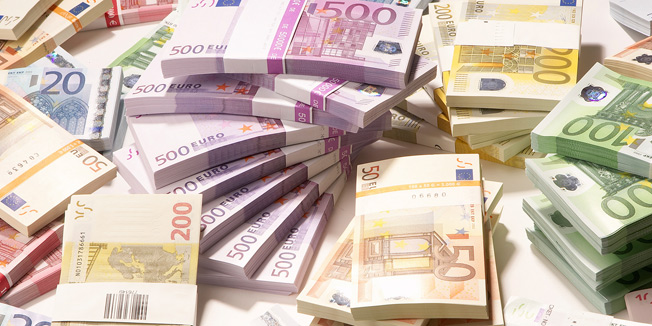
In 2020, forest assortment average annual price shows 11,50% increase, related to 2015 as a base year. In the period of five years, forest assortment prices, in Bosnia and Herzegovina, were increasing by an average rate of 6,48%.
Coniferous forest assortment prices were increasing at the average rate of 5,18%, while broadleaf forest assortment prices were increasing at the average rate of 8,10%.
In the last five years, coniferous log prices were increasing at the average rate of 4,72%, while broadleaf log prices had
In the last five years, there has been a continuous rise of broadleaf fuelwood prices under the average rate of 7,06%.
However, the wood sector in Bosnia and Herzegovina, like most sectors, felt the negative consequences of coronavirus, so that its exports in the first nine months of last year decreased by 6.3% compared to the same period in 2019 and amounted to 933,951,565 BAM, while imports fell by 17%, and amounted to 270,692,780 BAM, is stated in the analysis of the Foreign Trade Chamber of BiH.
The share of furniture exports in the three quarters last year was 43.2%, other products of the wood industry 56.8%, and most furniture was exported for bedrooms and living rooms, dining rooms, and other wooden furniture.
In the three quarters of 2020, compared to the same period last year, an increase in exports of 27.3% was recorded in prefabricated wooden houses, and an increase of 11.2% in construction joinery, while the largest decrease of 41.9% was recorded in parquet and other profiled wood, and a decrease of 20.7% in forestry products, capital.ba writes.
The most significant decline in exports of 54.7% was recorded in the US market, in the Montenegrin market the decline was 39.1%, China 27.7%, Sweden 27.6%, Italy 25.3%, Slovenia 22.5%, Belgium 14.2%, France 13.2%, Albania 11.6%, Austria 5.7%, Serbia 2.5%, and Croatia 1.2%.
Export growth of 520.3 percent was recorded in the Turkish market, in the Danish market export growth was 33.8 percent, Poland 25.7 percent, Norway 25.6 percent, the Czech Republic 18.3 percent, Switzerland 14.2 percent, the Netherlands 4.9 percent, Northern Macedonia 2.4 percent, and Germany 2.2 percent.
When it comes to the import of the wood sector in BiH, forestry products decreased by 32.9%, sawn timber and elements by 14.6%, boards and veneer by 6.3%, floors and parquets by 38.1%, construction carpentry by 14.7%, while imports of wooden furniture decreased by 22.4%.
Wood sector products were mainly imported from Serbia, Poland, Turkey, Italy, Germany, Slovenia, Croatia, Romania, the Czech Republic and Austria.
”It can be concluded that the wood sector was significantly affected by the coronavirus pandemic, and business in a number of companies was difficult,” according to the Foreign Trade Chamber of BiH.


















